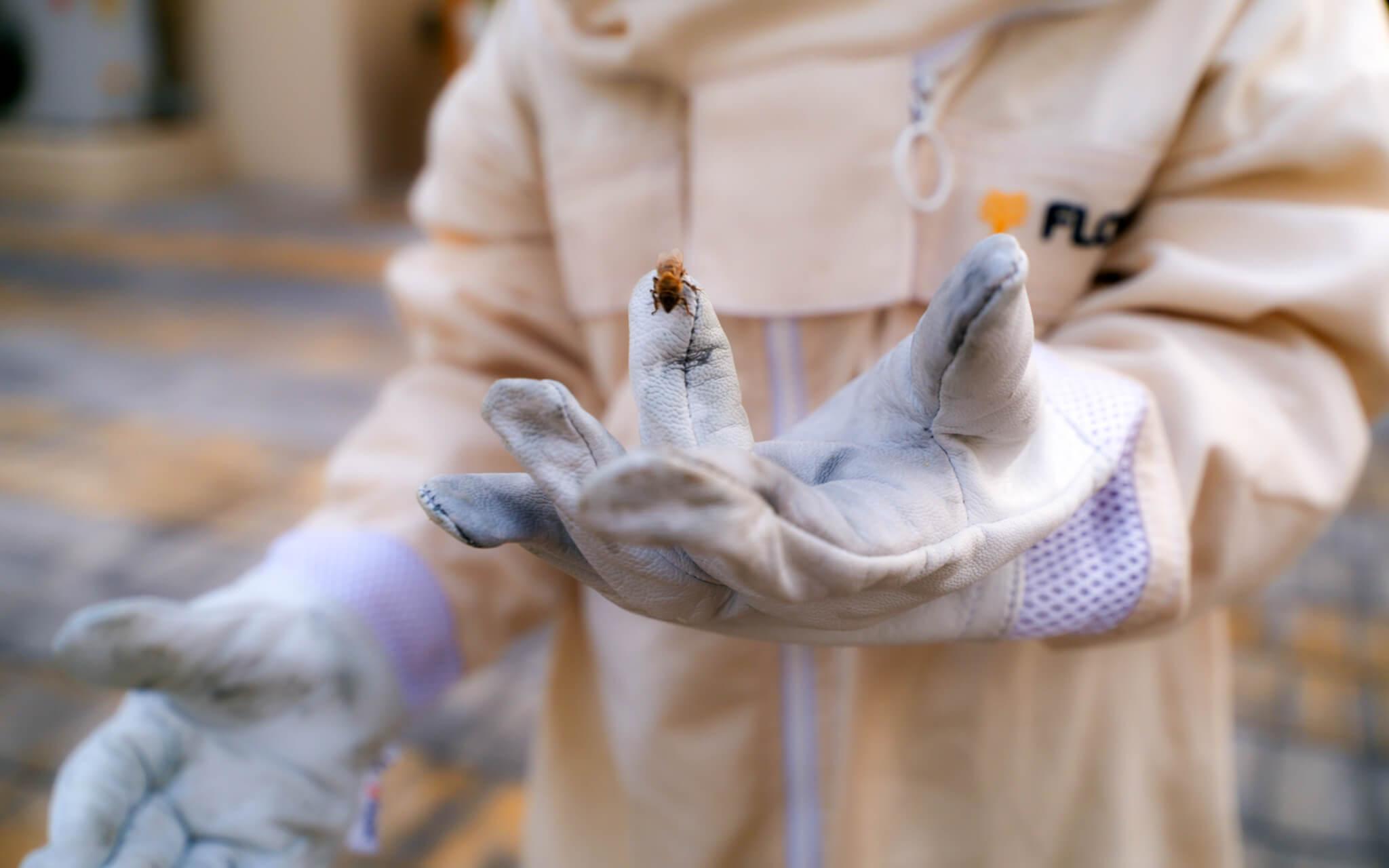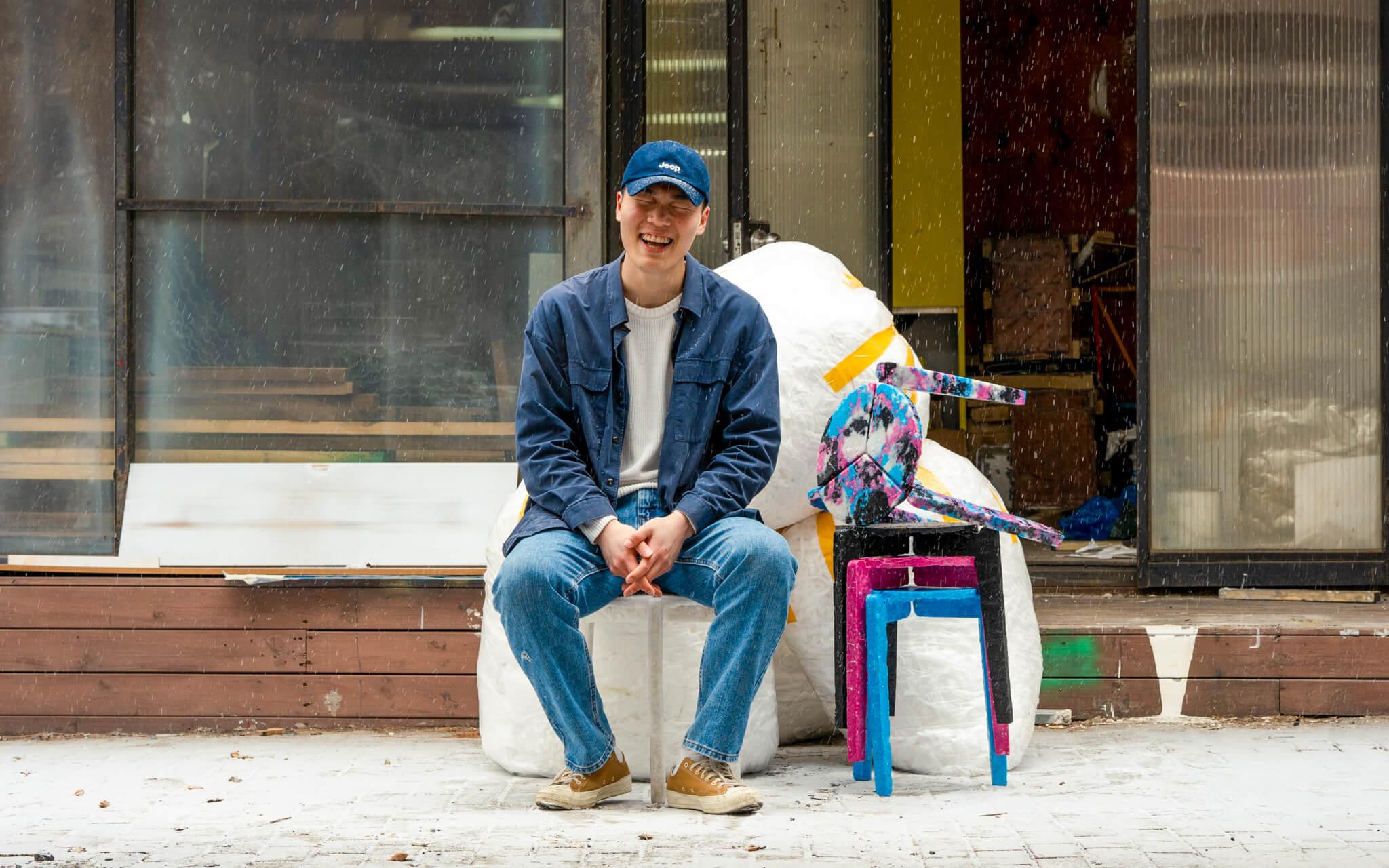Cultivating the Climate Within
Amid the urban landscapes of Denmark and Rwanda, Marianne Mikkelsen and Betina Ringby are transforming discarded PVC pipes into community gardens. Their project, Garden to Connect, cultivates more than plants—it nurtures a movement of self-reliance, environmental awareness and human connection.
Betina Ringby met Marianne Mikkelson in 2021 at a pivotal moment.
Marianne was a former project manager with a Master’s in History of Ideas, and Betina was a physiotherapist with extensive experience in healthcare and education.
Yearning to escape the confines of indoor meetings, Marianne had already begun exploring urban gardening: "I decided I didn't want to sit indoors in meetings for the rest of my life," she recalls. "I wanted to go outside."
Inspired by her experiences teaching in Rwanda, Betina was seeking new ways to make a difference. United by a shared vision of revitalising cityscapes and empowering communities in Denmark, the duo took a bold step.
"We quit our good jobs at the university," Betina explains. "To fight for climate, to fight for life, to fight for many things."
The concept behind Garden to Connect is simple yet impactful. PVC pipes are repurposed as planters, creating portable, accessible gardens. First, they’re cut, filled with soil, and planted with various herbs, vegetables, and flowers. These circular gardens can then be easily moved and adapted to multiple spaces, from hospital grounds to public libraries, festivals, and even small carrier wagons.
However, the recycled pipes are more than just an example of a circular economy.
"The connecting pipes are symbolic, too," Marianne explains. "You can come from many different places, but it doesn’t matter -- what matters is where we're going." This philosophy is at the heart of Garden to Connect, creating spaces where diverse paths converge, bonds are forged, and growth happens in all directions.
You can come from many different places, but it doesn’t matter -- what matters is where we're going.
"Climate change is also the climate within you. It's the inner growth/outer actions. You have to understand how you can connect to each other and how you can connect to the soil,” Betina says, offering a new perspective on how we view the Earth’s health and our community health.
For Marianne and Betina, the project comes to life through the organic connections it fosters.


Betina recounts a touching moment: "Some homeless people came to one of our gardens. I gave them some Marigold seeds; they were reminded of the marigolds their grandmothers grew and made honey in their faraway homes. These flowers create ways to communicate, not with a lot of words, but with memories.”
Betina calls the evolution of these gardens ‘dialogue oases’ where gardening becomes a universal language, breaking down barriers across generations, cultures, and social divides. Marianne shares a poignant memory from a visit to a care home for the elderly: "I met a woman who had dementia,” she recounts. “She had once been a keen gardener. Within two hours, I was able to provide her with her own little garden to care for. It gave her back a sense of personal identity.”
And this sense of personal and community identity extends beyond borders; Garden to Connect forges relationships across oceans.
In Rwanda, Garden to Connect takes on special significance, intertwining kitchen gardening, education, and empowerment. "We created an education program for kids with limited opportunities," Betina explains. The initiative transcends urban gardening, incorporating PVC pipes into artistic pursuits like dance props and drum-making. This holistic approach teaches sustainable practices and unleashes creativity, empowering young people in multifaceted ways.
Climate change is also the climate within you. It's the inner growth/outer actions. You have to understand how you can connect to each other and how you can connect to the soil.
Intergenerational exchange is a key component of their work. "We brought together the kids and the elders, and they shared so much knowledge," Betina recalls. This 'each one teach one' philosophy preserves valuable knowledge about natural farming practices while empowering youth with practical skills.
"Now, I have enough knowledge to grow my own food if there's ever a pandemic again," shared a participant from Rwanda, a statement that showcases the impact Garden to Connect has in vulnerable communities.
Marianne and Betina dream that Garden to Connect will sprout in cities worldwide, creating a network of urban oases that bring nature, community, and personal growth to concrete jungles everywhere. "I'd like to keep growing," Marianne announces. "I want to see gardens everywhere connecting people to themselves, to each other, and to the earth!"
In a world often characterised by isolation, Garden to Connect offers a refreshing alternative. As Betina notes, "When you nurture plants, you nurture yourself and your community." This project is not just about growing vegetables or flowers; it's about cultivating resilience, fostering connections, and sowing seeds of hope in urban landscapes.
For those inspired by their work, Marianne and Betina have a simple call to action: "Just do it. Put up a garden. Get yourself a pipe, set it up, and send us a picture." They encourage people to reach out with questions and are open to collaborations and funding opportunities to help their initiative grow.
As these PVC pipe gardens flourish across continents, they cultivate more than just plants. They're growing a movement that connects people to nature, to each other, and to a greener, more sustainable future—one PVC pipe at a time.
“Climate change is not just in Denmark or in Rwanda; it's also in Abu Dhabi,” Betina says. “We have to work together to make these ripple effects and changes.”
Most Popular
The Climate Tribe delivers stories about Biodiversity and Conservation, Circular Economy, Food and Water , and how they intersect with climate.
Subscribe
Get the latest stories inspiring climate action around the globe straight to your inbox.






